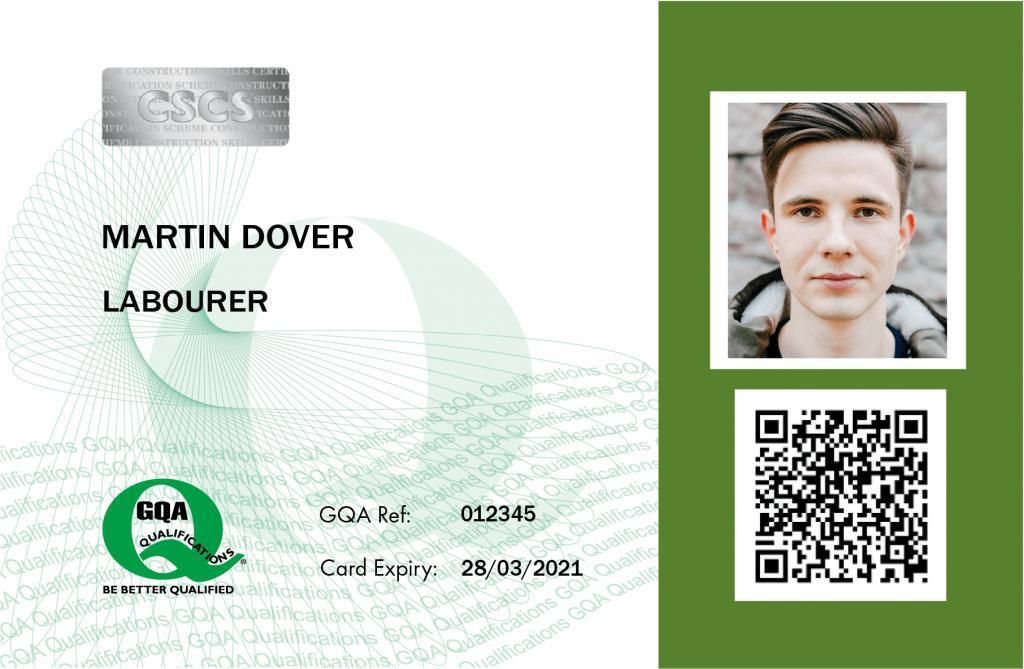
Corporate Innovation and Strategic Leadership
Course ID: 2508040101172EGI
Course Dates : 04/08/25 Course Duration : 10 Studying Day/s Course Location: London, UK
Language: Bilingual
Course Category: Professional and CPD Training Programs
Course Subcategories: Leadership and Management Excellence
Course Certified By: * Projacs Academy
* Professional Training and CPD Programs
Certification Will Be Issued From :
KSA
Course Fees: £8,895.11
Vat Not Included in the price. VAT may vary depending on the country where the course or workshop is held.
Click to Pay
Date has passed please contact us Sales@e-s-hub.com
Course Information
Introduction
In an era marked by rapid technological advancements, shifting consumer demands, and global competition, organizations are under increasing pressure to innovate and adapt strategically. The ability to foster innovation while maintaining a clear strategic direction has become a cornerstone of sustainable growth and competitive advantage. This course on "Corporate Innovation and Strategic Leadership" is designed to equip professionals with the tools, frameworks, and mindset necessary to navigate these complex dynamics effectively. By blending theoretical insights with practical applications, the program addresses the critical intersection of creativity, leadership, and business strategy.
One of the key challenges facing modern organizations is the gap between recognizing the need for innovation and executing it successfully. Many companies struggle to translate creative ideas into tangible outcomes due to siloed structures, risk aversion, or insufficient alignment with overarching goals. Drawing on established theories such as Clayton Christensen’s Disruptive Innovation Model and John Kotter’s Change Management Framework, this course delves into strategies for overcoming these barriers. Participants will explore case studies like Apple’s transformation under Steve Jobs and Netflix’s pivot from DVD rentals to streaming services, illustrating how visionary leadership can drive innovation at scale.
The benefits of mastering corporate innovation and strategic leadership extend beyond individual career advancement. For organizations, fostering a culture of innovation leads to improved market positioning, enhanced employee engagement, and increased profitability. On a personal level, professionals who develop these competencies position themselves as indispensable assets within their teams. They gain the ability to anticipate industry trends, manage change proactively, and inspire others to embrace new ways of thinking. These skills are particularly vital in industries undergoing digital transformation, such as finance, healthcare, and manufacturing.
A notable example of successful implementation comes from Tesla, which revolutionized the automotive industry through its commitment to electric vehicles and renewable energy solutions. Elon Musk’s leadership exemplifies how aligning bold vision with operational excellence can disrupt traditional markets. Similarly, participants will examine how smaller enterprises leverage lean methodologies and design thinking to compete against larger incumbents. These real-world examples underscore the universal applicability of the principles taught in this course.
Moreover, the program emphasizes the importance of ethical considerations in innovation. As highlighted by scandals involving data misuse and environmental negligence, unchecked innovation can have detrimental consequences. By integrating ethical frameworks such as stakeholder theory and corporate social responsibility (CSR), the course ensures that participants approach innovation holistically, balancing profit motives with societal impact. This dual focus prepares leaders to build trust and credibility both internally and externally.
Ultimately, this course serves as a bridge between aspiration and action, empowering participants to lead transformative initiatives within their organizations. Whether addressing incremental improvements or spearheading radical change, attendees will leave equipped with actionable strategies and a deeper understanding of the interplay between innovation and leadership. Through interactive sessions, group exercises, and expert-led discussions, the program fosters a collaborative learning environment where ideas flourish and challenges are met head-on.
Objectives
By attending this course, participants will be able to:
Analyze the drivers of innovation and assess their relevance to specific organizational contexts.
Design strategic plans that integrate innovative practices with long-term business objectives.
Evaluate the effectiveness of different leadership styles in fostering a culture of creativity and collaboration.
Implement tools and techniques for managing cross-functional teams during periods of change.
Apply ethical decision-making frameworks to ensure innovations align with corporate values and societal needs.
Who Should Attend?
This course is ideal for:
Mid-to-senior-level managers seeking to enhance their capacity for leading innovation-driven projects.
Entrepreneurs and startup founders aiming to refine their strategic planning and execution capabilities.
Consultants and advisors tasked with guiding clients through digital transformation or process reengineering efforts.
HR professionals responsible for cultivating talent pipelines and promoting organizational agility.
Industry practitioners across sectors such as technology, healthcare, education, and manufacturing who wish to stay ahead of emerging trends.
Training Method
• Pre-assessment
• Live group instruction
• Use of real-world examples, case studies and exercises
• Interactive participation and discussion
• Power point presentation, LCD and flip chart
• Group activities and tests
• Each participant receives a 7” Tablet containing a copy of the presentation, slides and handouts
• Post-assessment
Program Support
This program is supported by:
* Interactive discussions
* Role-play
* Case studies and highlight the techniques available to the participants.
Daily Agenda
The course agenda will be as follows:
• Technical Session 08.30-10.00 am
• Coffee Break 10.00-10.15 am
• Technical Session 10.15-12.15 noon
• Coffee Break 12.15-12.45 pm
• Technical Session 12.45-02.30 pm
• Course Ends 02.30 pm
Course Outlines
Foundations of Innovation and Leadership
Understanding the innovation lifecycle
Key theories of leadership and their evolution
Identifying barriers to innovation in organizations
Role of emotional intelligence in effective leadership
Day 2:
Strategic Thinking and Vision Development
Crafting a compelling organizational vision
Aligning innovation with business strategy
Tools for scenario planning and foresight analysis
Balancing short-term goals with long-term aspirations
Day 3:
Design Thinking and Creative Problem Solving
Principles of human-centered design
Techniques for ideation and prototyping
Overcoming cognitive biases in decision-making
Encouraging experimentation and calculated risk-taking
Day 4:
Leading Cross-Functional Teams
Building high-performing teams
Conflict resolution and consensus-building strategies
Leveraging diversity for enhanced creativity
Managing remote and hybrid work environments
Day 5:
Change Management and Organizational Agility
Stages of change adoption (Kotter’s model)
Communicating change effectively
Mitigating resistance to innovation
Measuring success and iterating based on feedback
Week 2
Day 6:
Technology and Digital Transformation
Emerging technologies shaping industries
Integrating AI and automation into workflows
Cybersecurity considerations in innovation
Ethical implications of tech-driven decisions
Day 7:
Financial Acumen for Innovators
Budgeting for R&D and innovation projects
ROI measurement for intangible investments
Funding models for startups vs. established firms
Navigating economic uncertainties
Day 8:
Ethics and Sustainability in Innovation
Embedding CSR into core business practices
Addressing environmental and social challenges
Ensuring compliance with regulatory standards
Promoting transparency and accountability
Day 9:
Case Studies and Best Practices
Lessons from disruptive innovators (e.g., Amazon, Airbnb)
Analyzing failures in innovation initiatives
Adapting best practices to unique organizational needs
Developing a personalized action plan
Day 10:
Capstone Project and Future Trends
Presenting group projects on real-world scenarios
Exploring future trends in innovation and leadership
Networking opportunities with peers and mentors
Creating a roadmap for continuous professional development



















































